About us
Mu dheidhinn
Our Museum
The history of Dingwall Museum begins with the Town Council, who during the 18th century began collecting historical articles, documenting them within the Burgh Council Minutes. Displayed within the Council Chambers and Clock Tower, the collections included portraits and clothing relating to the Provosts of the town, local archaeological and natural history finds and items relating to military heroes.
In 1975 the Town Councils of Scotland were dissolved by an Act of Parliament, and the original Council collections were handed over to a responsible group of dedicated local people, so beginning Dingwall Museum and the Dingwall Museum Trust. Originally housed within three connected rooms upstairs within Dingwall’s Town House, by the 1980s the Museum had taken over five rooms on the ground floor, as well as the Council Chamber, and had refurbished adjoining Eagle Court to create a garden and seating area.
Today, the Museum’s exhibits include a showcase of our local regiment the 4th Seaforth Highlanders, a replica of Gordon’s Smiddy which ran for over three generations within the town centre and the Council Chamber, set-up as it was used before 1975.

Charity
Since 1991 the Museum has been a charity, originally an unincorporated charitable Trust. On 13 February 2024 it became a SCIO (Scottish Charitable Incorporated Organisation, SC053119). The Museum is run by volunteers with no employed staff. However, we have benefited from the services of a professional Collections Officer, who helps us when we have grant money to pay her.
Most of the work done in the museum is done by volunteers. Most of those are Members of the Museum. Currently we have 42 Members, who are at the heart of all that we do. Together they elect a board of Trustees each year at the AGM. We have 15 Trustees, three of whom are the charity's Officers: Chair (Jonathan McColl), Secretary (Anne MacInnes) and Treasurer (Roland Spencer-Jones).
Membership of the Museum SCIO is free. It provides a way for people to align with the organisation, receive occasional email news, and contribute to the overall work of the Museum. If you would like to become a Member, click here.
And, you don't have to be a Member to be a volunteer. We are grateful for anyone to help out, bringing your skills and energy to keep us going, whether a regular commitment or a few hours here and there. If you'd like to find out more about volunteering, send us a message via the Contacts page.
